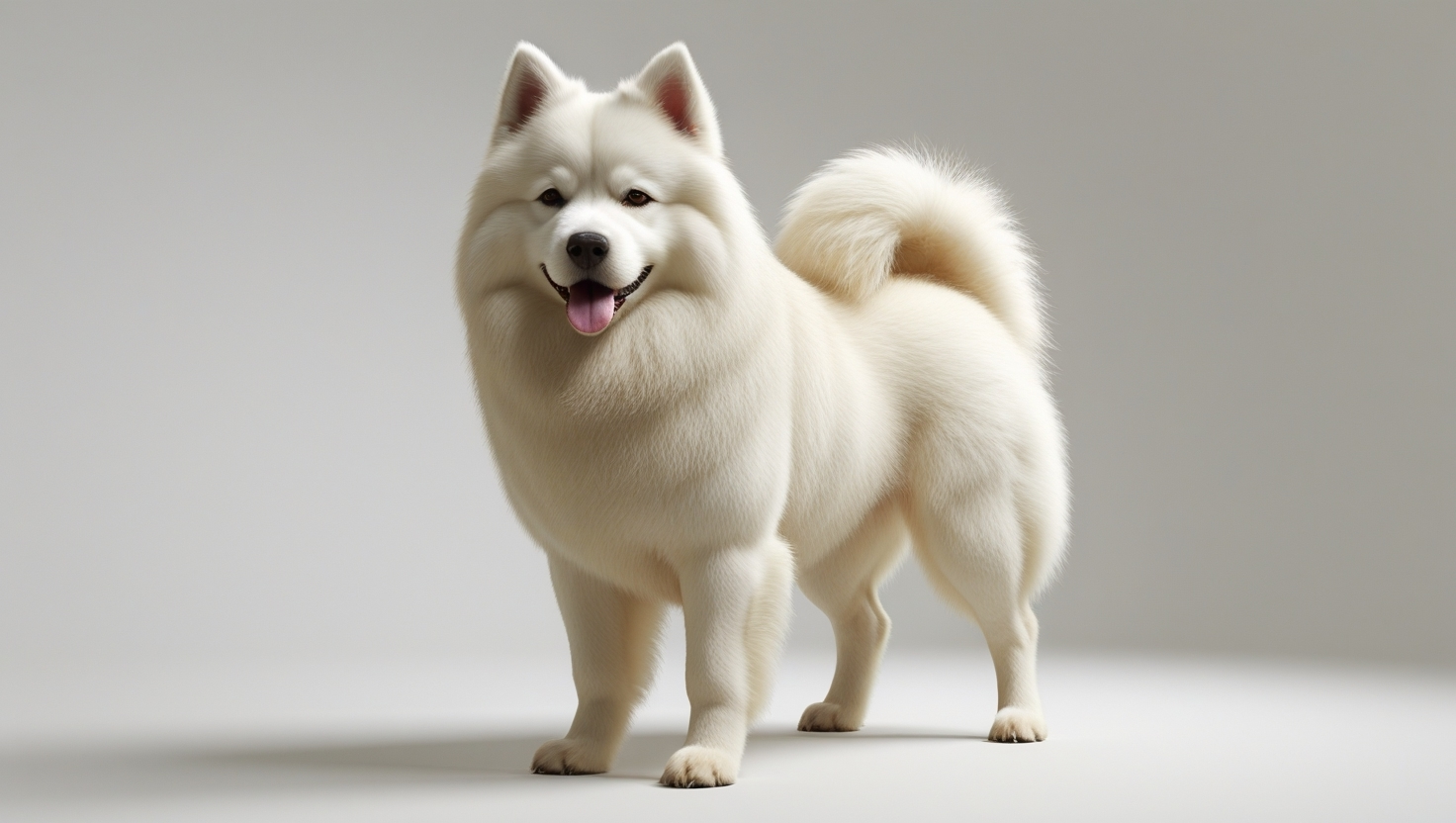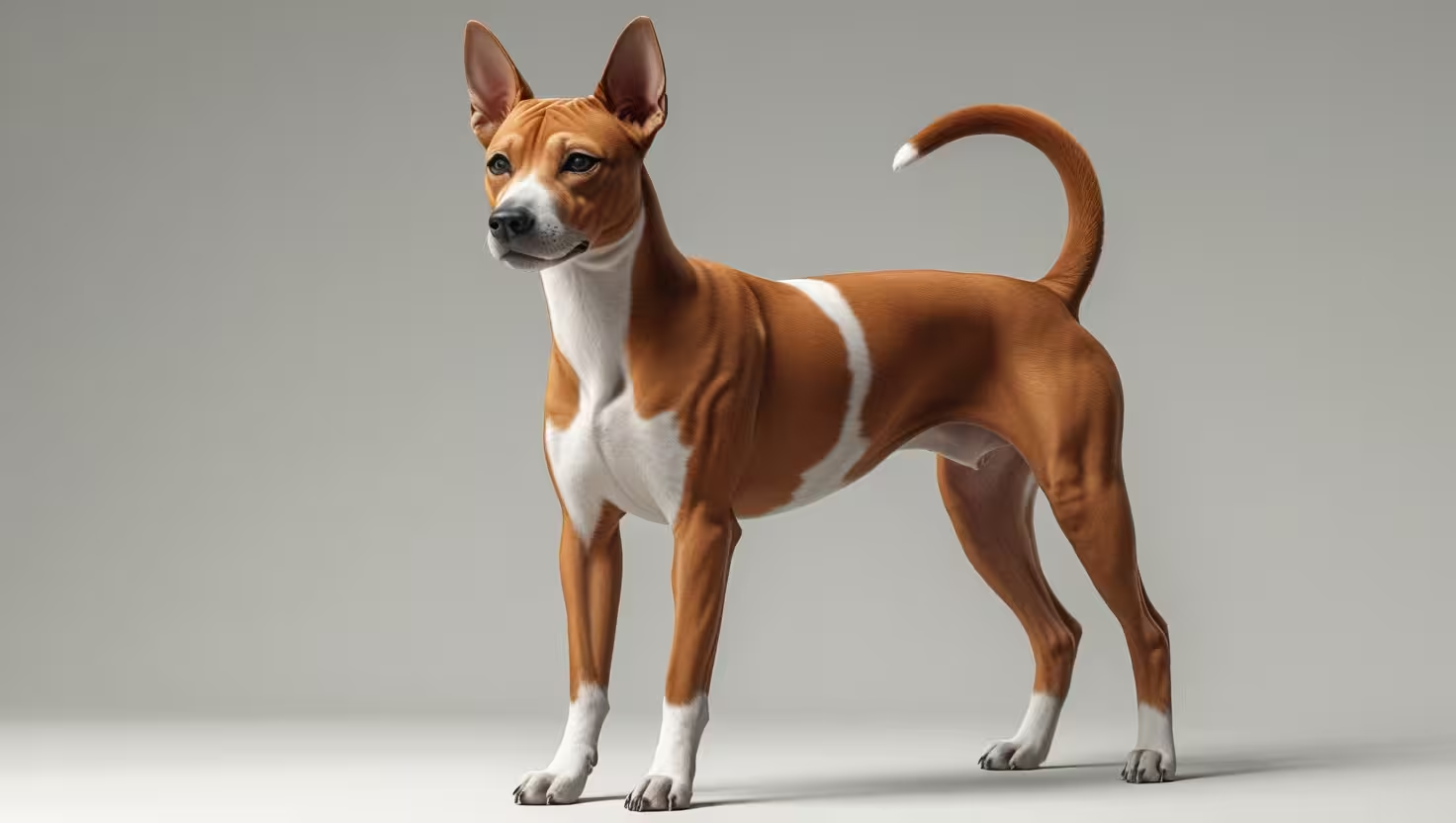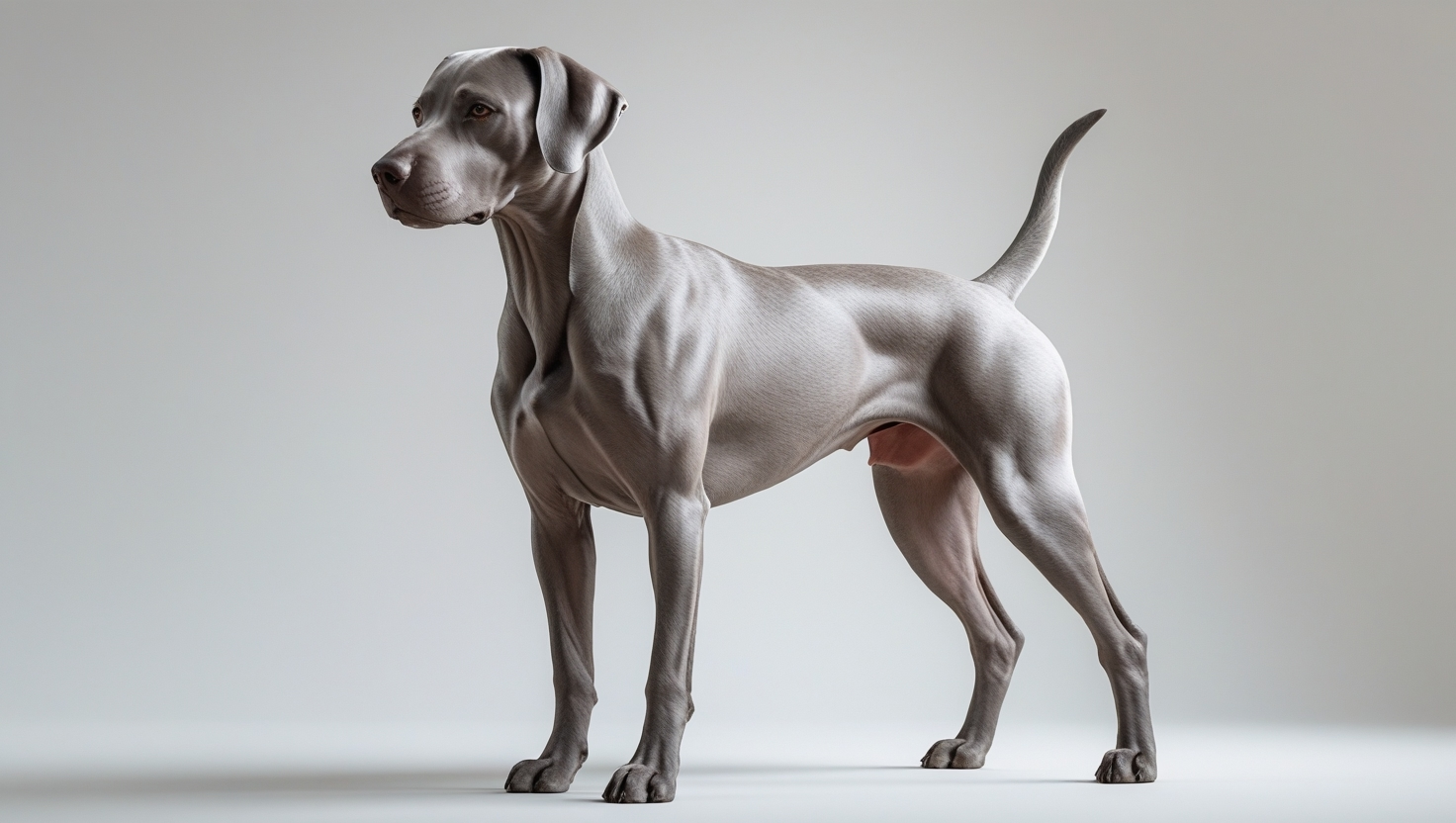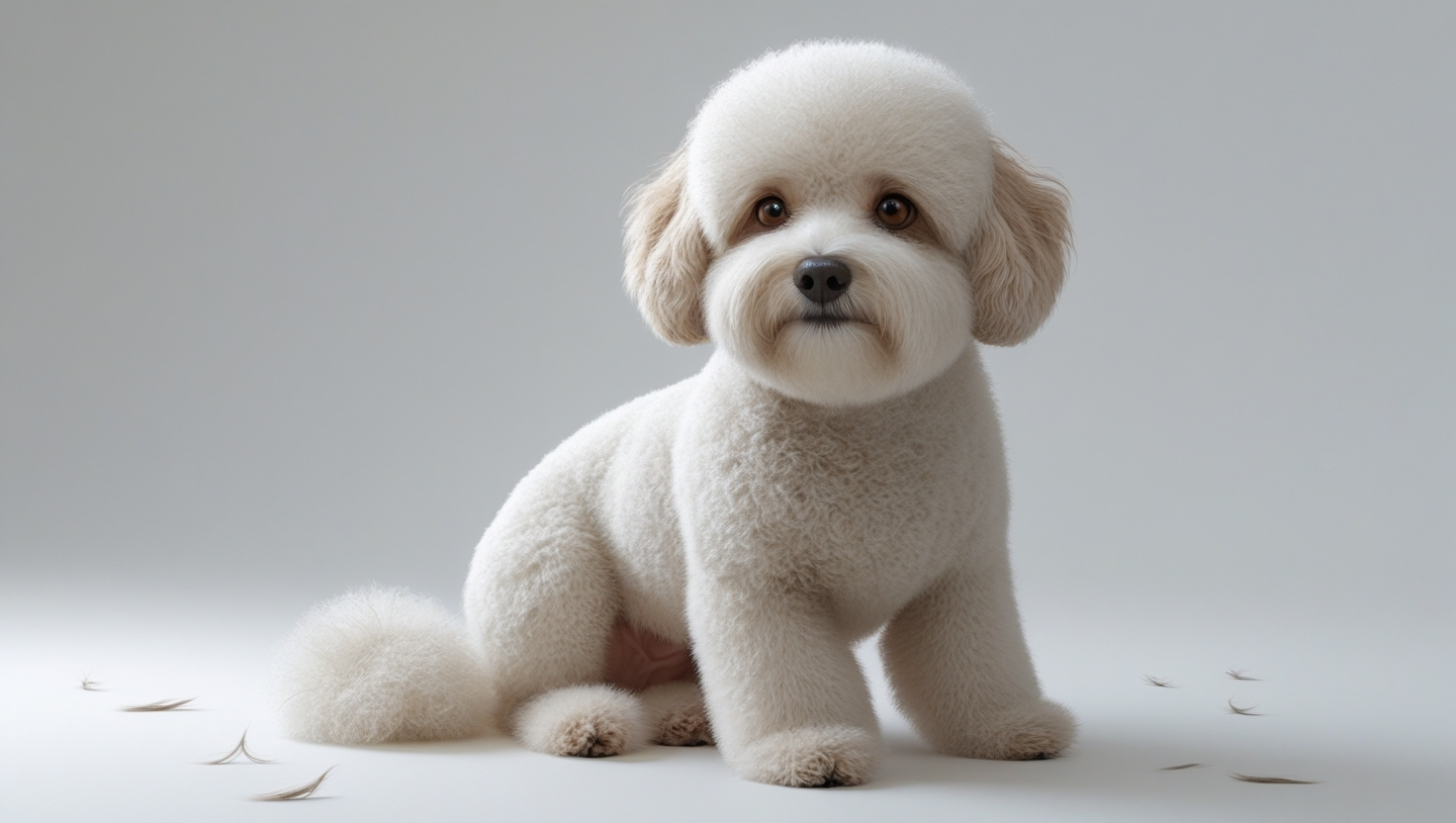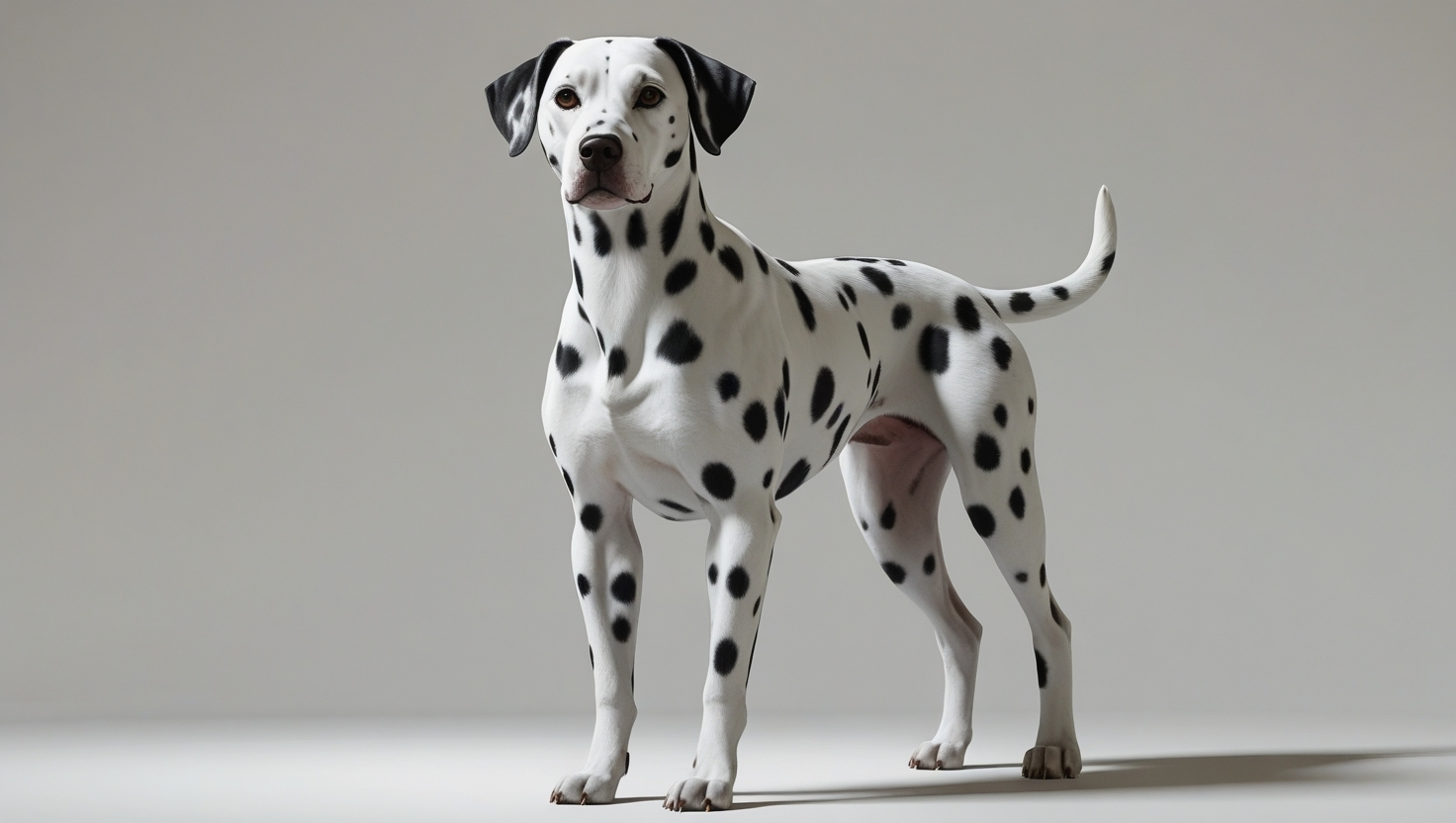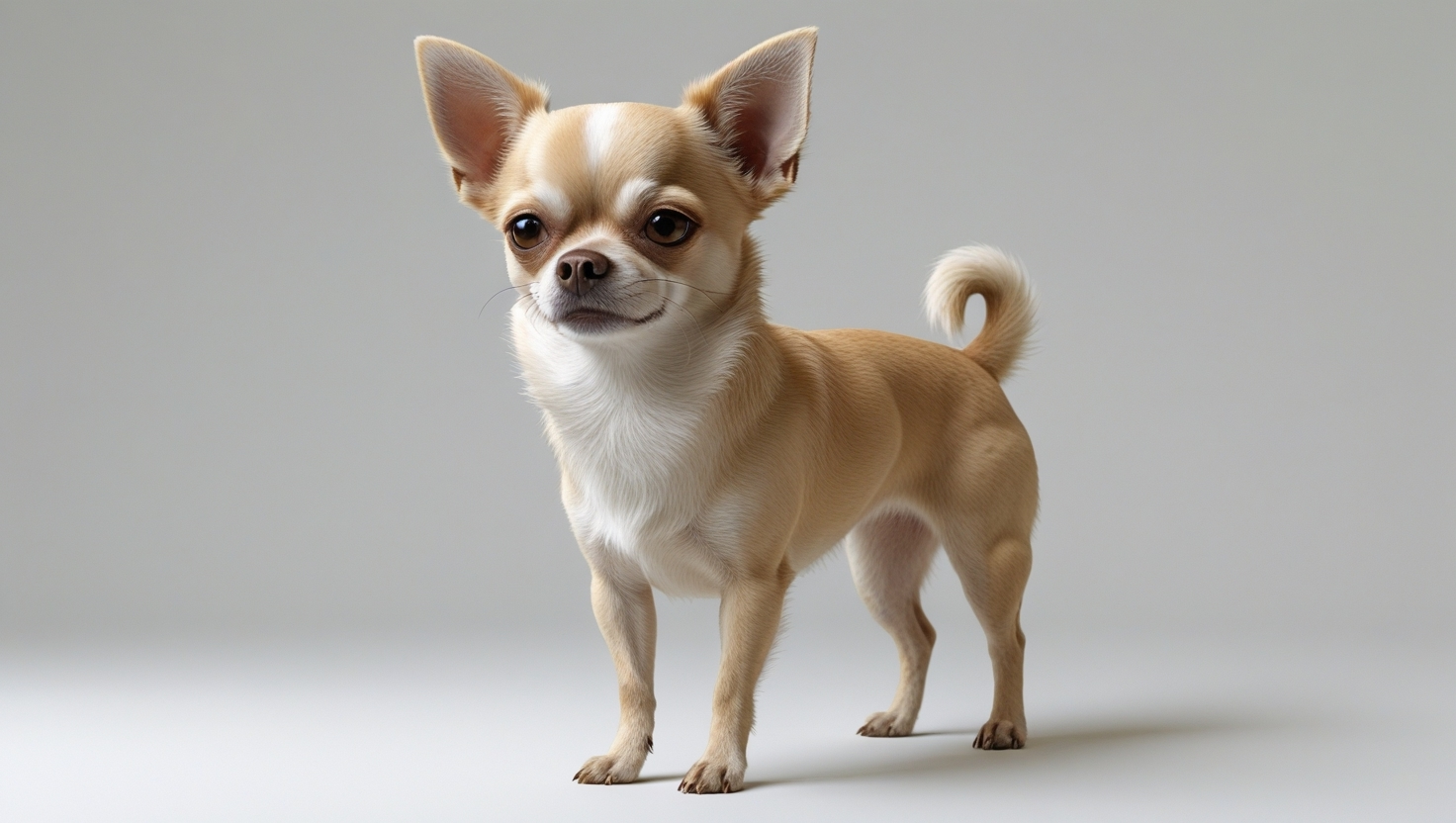The Samoyed is the type of dog you look at and can’t help but fall in love with. With its fluffy white coat and that intense gaze, it has the power to win anyone over at first sight. But behind all that beauty, there is much more: energy, intelligence, and a need for care.
Now, if you’re thinking of getting one of these or already have one at home, you’re probably wondering what more this breed has to offer. They are loyal, affectionate, and always ready for adventures — but, like any dog, they require attention and care.
If you want to know whether the Samoyed is truly the perfect companion for you or learn how to better care for yours, keep reading! We’ll tell you everything you need to know about this breed that doesn’t go unnoticed.

